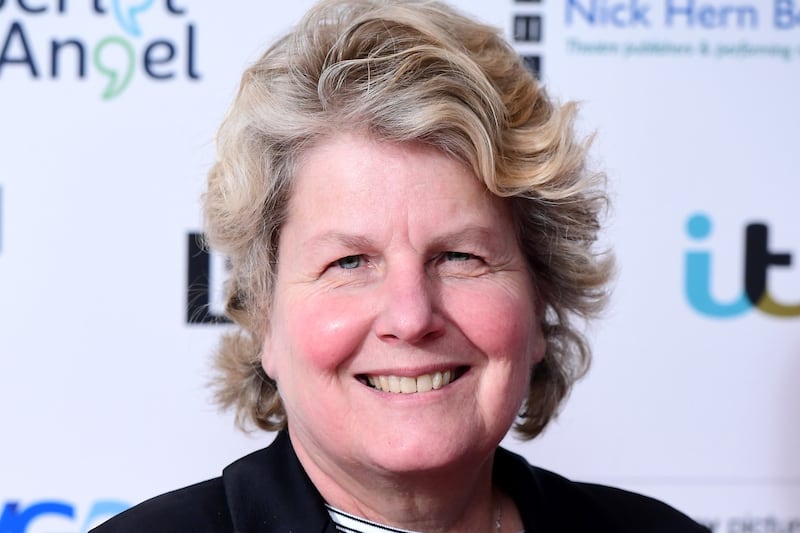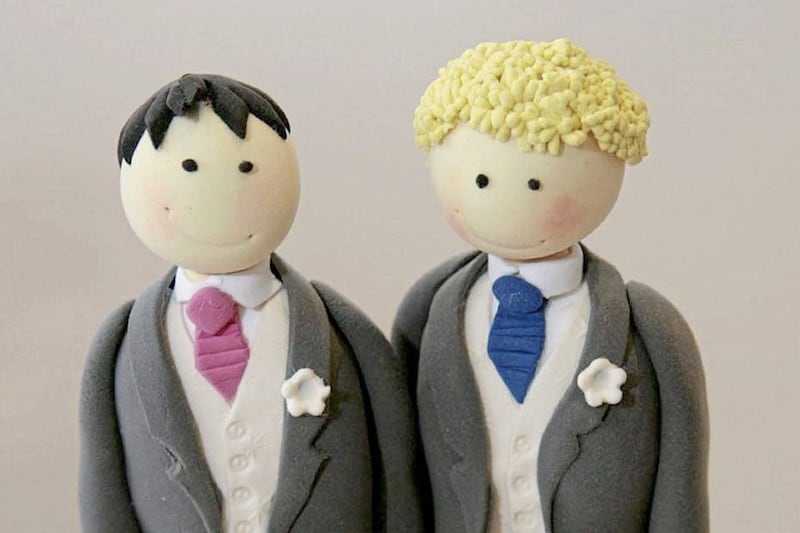THE Catholic Church must face up to the task of finding a “new language” to reach young people after the Republic became the world’s first state to approve same-sex marriage by popular vote.
Responding to the victory of the ‘yes’ campaign in the marriage equality referendum, Archbishop of Dublin Diarmuid Martin said the church needed a “reality check” if it was to understand the “social revolution” that led to the result that saw 62 per cent of voters supporting Constitutional change.
Work is set to begin in the coming days on laws to allow gay and lesbian partners to legally marry in the south. It is expected that the first marriages will begin taking place in the autumn.
The archbishop expressed concern that the church was failing to adequately convey its teachings on marriage and family, but also stressed that he could not see same-sex marriages taking place within Catholic churches in the future.
Catholic bishops had played a pivotal role in the ‘no’ campaign in recent weeks, with All Ireland primate Archbishop Eamon Martin even warning that priests could be barred from performing the civil aspects of marriage if the referendum passed.
Gráinne Healy of the Yes Equality campaign accused Catholic leaders of “muddying” issues during the campaign by “failing to be clear to the people that what they were actually being asked to vote on was to allow lesbian and gay people access to civil marriage”.
Separately, Church of Ireland leaders warned that the referendum did not change their definition of marriage as being “between a man and a woman”, and limiting future marriage services to heterosexual couples.
However, former tanaiste Eamon Gilmore, who is credited with spear-heading political efforts for the referendum after the 2011 general election, yesterday said that the world was watching the Republic and seeing it “in an entirely new light”.
He said the state now had an obligation to take the mandate and “moral authority” from Friday’s vote to become “internal advocates” for the “rights of LGBT people who are being oppressed in different parts of the world”.
“This gives Ireland the opportunity to take on a role which fits very well with the human rights role that we have always pursued, to become the international advocate, to use the authority of that ballot box to make the world a better place for LGBT people who don’t live in a country where the vast majority of people will vote for gay marriage,” he told RTÉ.
Mr Gilmore also moved to reassure those who opposed the referendum that ‘no’ campaigners’ concerns about issues like surrogacy would need to be addressed through legislation.
“I hope [the government] will take the concerns that were raised about surrogacy during the campaign… and bring forward that legislation as soon as possible,” he added.








